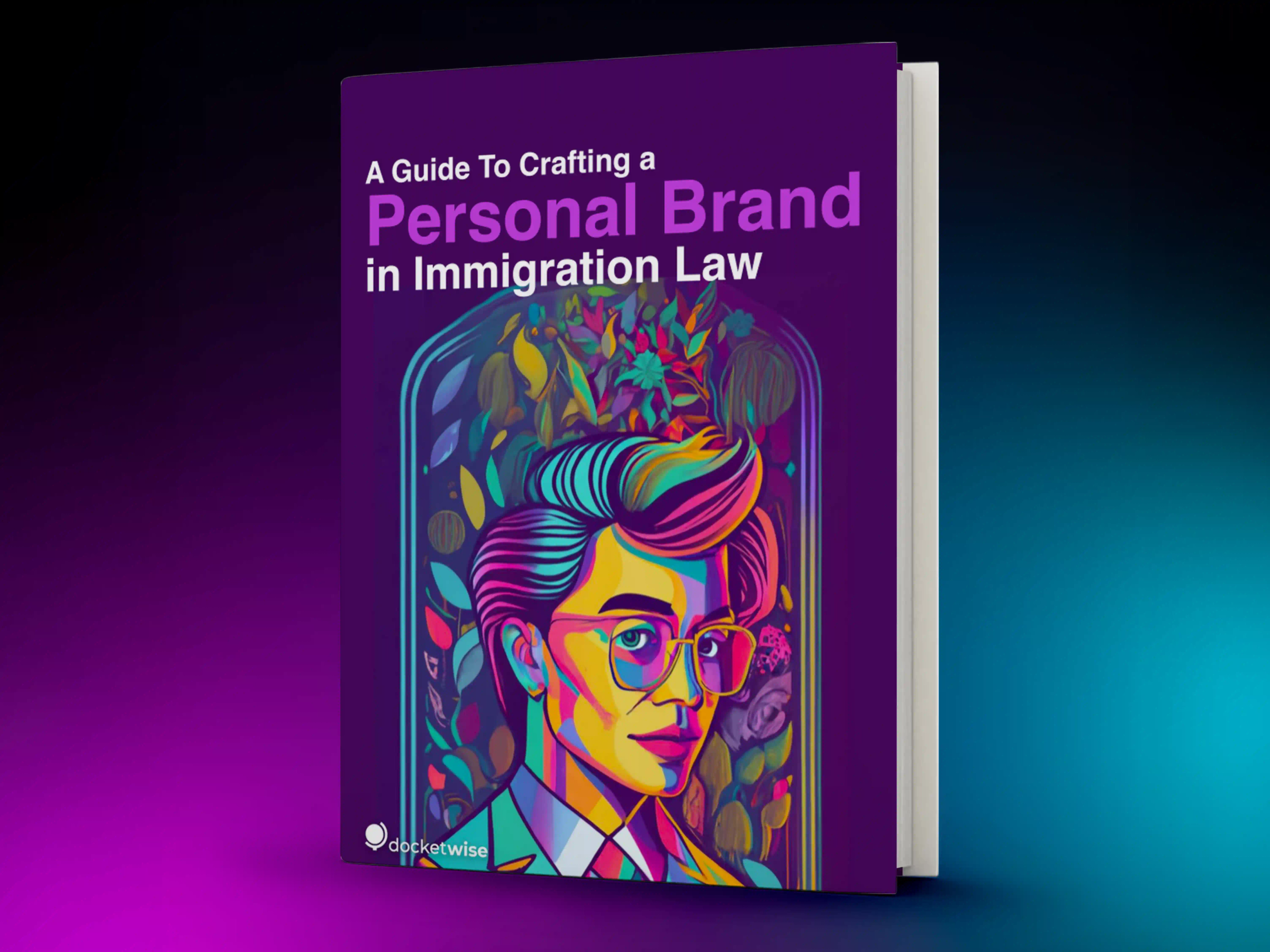The case known as Matter of A-B, 27 I&N Dec. 316 (A.G. 2018) which was decided by Attorney General Jeff Sessions, has made Gang Violence and Domestic Abuse Asylum Claims harder to win by narrowing the definition of what constitutes a social group for purposes of claiming asylum, and increasing the burden on asylum seekers to show that they cannot find any safe area in their own country to which they can relocate. In deciding this matter, the Attorney General invoked a rarely used executive power to take an immigration case out of the hands of the Immigration Court system and render a decision on it himself.\ \ Case Background
Ms. AB was a Salvadoran woman who suffered extreme domestic violence from her husband.
She fled to the US and passed her credible fear interview. IJ Stuart Couch at Charlottesville Immigration Court denied her asylum claim, concluding based on perceived omissions in her testimony that she was not credible and thus not eligible for asylum. Judge Couch rejected AB’s proposed social group supported by patriarchal conditions in El Salvador that mirror those in Guatemala (which has been the subject of the Matter of A-R-C-G which allowed asylum claims based on domestic violence claims ).
Ms. A.B. appealed, the Board unanimously reversed the IJ, finding Ms. A.B. eligible for asylum based on her experience of domestic violence. The Board overturned the IJ’s negative credibility finding, concluding that Ms. A.B. had in fact testified credibly and that the minor omissions in her testimony were a result of the traumatic violence she had endured and its lasting psychological impact. The Board also found that Ms. A.B.’s proposed particular social group met the legal requirements for asylum, noting similarities between her case and the Board’s_A-R-C-G-_decision. The Board remanded to the IJ for a grant of asylum.
DHS completed AB’s background checks, but in a departure from usual practice, the IJ refused to issue a new decision instead attempting to “recertify” the case back to the Board for further consideration. In his order, the IJ questioned the continued “legal validity” of_A-R-C-G-_. Seven months later, on March 7, 2018, the Attorney General referred the case to himself for a decision.
Holding
(1) Matter of A-R-C-G-, 26 I&N Dec. 338 (BIA 2014) is overruled. That decision was wrongly decided and should not have been issued as a precedential decision.
(2) An applicant seeking to establish persecution on account of membership in a “particular social group” must demonstrate: (1) membership in a group, which is composed of members who share a common immutable characteristic, is defined with particularity, and is socially distinct within the society in question; and (2) that membership in the group is a central reason for her persecution. When the alleged persecutor is someone unaffiliated with the government, the applicant must also show that her home government is unwilling or unable to protect her.
(3) An asylum applicant has the burden of showing her eligibility for asylum. The applicant must present facts that establish each element of the standard, and the asylum officer, immigration judge, or the Board has the duty to determine whether those facts satisfy all of those elements.
(4) If an asylum application is fatally flawed in one respect, an immigration judge or the Board need not examine the remaining elements of the asylum claim.
(5) The mere fact that a country may have problems effectively policing certain crimes or that certain populations are more likely to be victims of crime, cannot itself establish an asylum claim.
(6) To be cognizable, a particular social group must exist independently of the harm asserted in an application for asylum.
(7) An applicant seeking to establish persecution based on violent conduct of a private actor must show more than the government’s difficulty controlling private behavior. The applicant must show that the government condoned the private actions or demonstrated an inability to protect the victims.
(8) An applicant seeking asylum based on membership in a particular social group must clearly indicate on the record the exact delineation of any proposed particular social group.
(9) The Board, immigration judges, and all asylum officers must consider, consistent with the regulations, whether internal relocation in the alien’s home country presents a reasonable alternative before granting asylum.
Credible Fear
Carve Your Niche in Immigration Law
Unlock the potential of your personal brand and set yourself apart in the world of immigration law. Harness the tools, strategies, and insights to become the go-to expert in the immigration law landscape.
Download Now
About the author

James PittmanAttorney & Co-FounderDocketwise
James Pittman is co-founder of Docketwise and was previously engaged in the private practice of US Immigration Law. He also regularly teaches Continuing Legal Education (CLE) classes on immigration law topics and legal ethics. He is admitted to practice in New York and New Jersey and is a graduate of Northeastern University School of Law.
